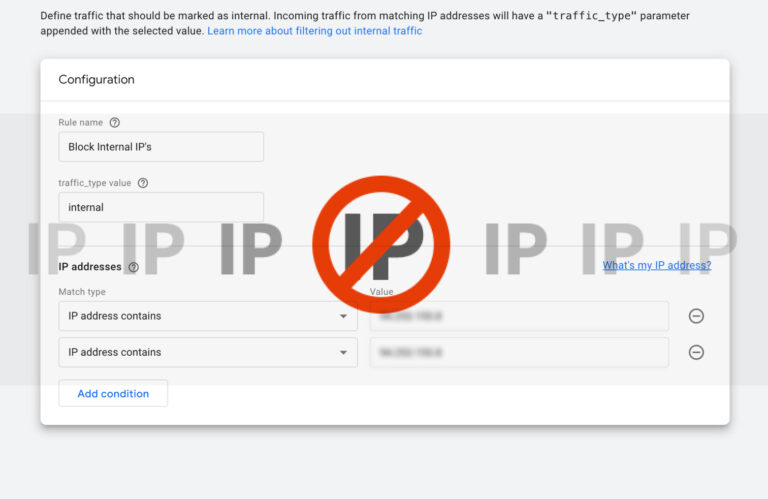To thrive as a business or brand, it’s often crucial to offer a distinctive and valuable product or service that sets your company apart from competitors in the same industry. This provision of unique goods or services, along with effective marketing, forms the core of a differentiation strategy. An effective differentiation strategy can boost sales by communicating to your audience or market that your company can uniquely address their needs.
In this article, we’ll explore what a differentiation strategy entails, how to develop one, and how it can benefit your business.
What is a Differentiation Strategy?
A differentiation strategy is an approach businesses take by offering customers something unique, distinct, and different from what competitors provide in the marketplace.
The primary goal of a differentiation strategy is to enhance competitive advantage. A business usually achieves this by assessing its strengths and weaknesses, understanding customer needs, and maximizing the overall value it can offer.
There are two main types of differentiation strategies a business may implement: broad differentiation strategy and focused differentiation strategy.
What is a Broad Differentiation Strategy?
A broad differentiation strategy involves creating a brand or business that stands out from the competition in some way. This approach is applied industry-wide and appeals to a broad range of consumers.
What is a Focused Differentiation Strategy?
A focused differentiation strategy requires the business to offer unique features in a product or service that meet the needs of a niche or narrow market.
Read more: A Guide to Developing High-Performing Teams
Benefits of Creating a Differentiation Strategy
Differentiation strategies offer several advantages that can help carve out a unique niche within your industry. Here are some potential benefits:
- Reduced Price Competition: A differentiation strategy enables a company to compete on factors other than price. For instance, a candy company might differentiate its candy by enhancing the flavor or using healthier ingredients. Even if competitors offer cheaper candy, they cannot match the taste that consumers seek from this particular company.
- Unique Products: A differentiation strategy builds on the unique qualities of a product. Your company can list the characteristics its products possess that competitors lack. These traits will set your product apart, which you can communicate through effective marketing and advertising.
- Better Profit Margins: Differentiated products that are of higher quality can command higher prices, leading to better profit margins. If your target market is willing to pay more for superior quality or value, you can generate more revenue with fewer sales.
- Consumer Brand Loyalty: Effective differentiation can foster brand loyalty if a business consistently maintains the perceived quality of its products. For example, if a brand is endorsed by a sports figure, it can boost brand loyalty by enhancing the brand’s value.
- No Perceived Substitutes: A successful differentiation strategy can create the perception that there is no substitute for your product on the market. Even with similar products available, customers may not be willing to switch because of the unique value your product offers. Companies strive to differentiate by providing consumers with unique, often revolutionary products.
Read more: How to apply a SWOT analysis
How to Create a Differentiation Strategy
Businesses aiming to develop a broad or focused differentiation strategy need to produce or design highly unique or distinctive products or services that offer increased value to consumers. Here are some steps to create a differentiation strategy:
- Decide What You Want to Be Known ForUnderstand your business’s areas of expertise. Assess what is important to you and your business, and identify where your organization excels. This will help you offer a clear differentiator to your customers. Document the strengths and weaknesses of your overall brand or specific products.
- Research Your Target AudienceConduct research to align your business offerings with the needs and desires of current and potential customers. This will also help you identify differentiators that make your expertise more appealing. For instance, you could send surveys to your customers to gather data on their preferences.
- Develop DifferentiatorsIdentify aspects that make your brand or products stand out. Initially, your differentiators might be broad, so break them down into smaller, more specific elements. Common differentiators include:
- Price
- Image or reputation
- Relationship
- Service
- Product
- Distribution
- Tell Your StorySharing your business’s unique story can naturally support your differentiation strategy, as competitors are unlikely to have a similar story. Reflect on your mission, vision, and values to craft a narrative that sets you apart and converts your target audience into customers. Use your company website’s bio section and social media channels to maintain a dialogue with your audience.
- Create a Brand ImageImplement your strategy and establish a brand image by ensuring superior quality. Be creative and consider rebranding if necessary to attract new clients and customers within your target audience.
Differentiation Strategy Examples
Here are five differentiation strategies employed by well-known companies to increase their value and distinguish themselves from competitors:
- Commitment to ethical sourcing and maintaining purity by purchasing unique handmade items.
- Emphasis on image, community, and quality with premium products designed to last and retain value.
- Innovation in daily tasks through events, multiple blogs, and an app.
- Enhancement of fast-food service with high-quality ingredients.
- Pushing product and service boundaries, positioning the brand as essential through advertising campaigns and product placement.



